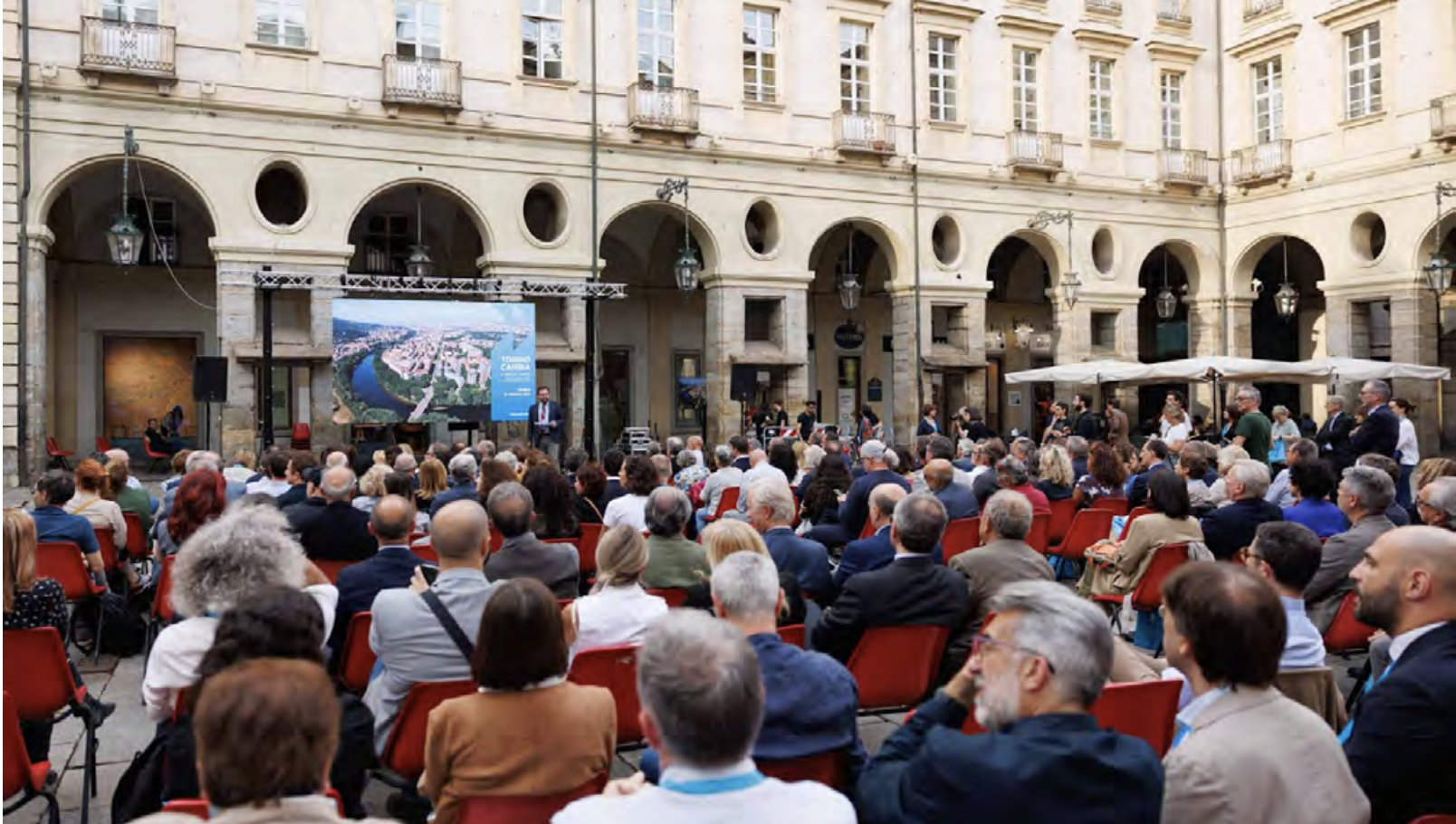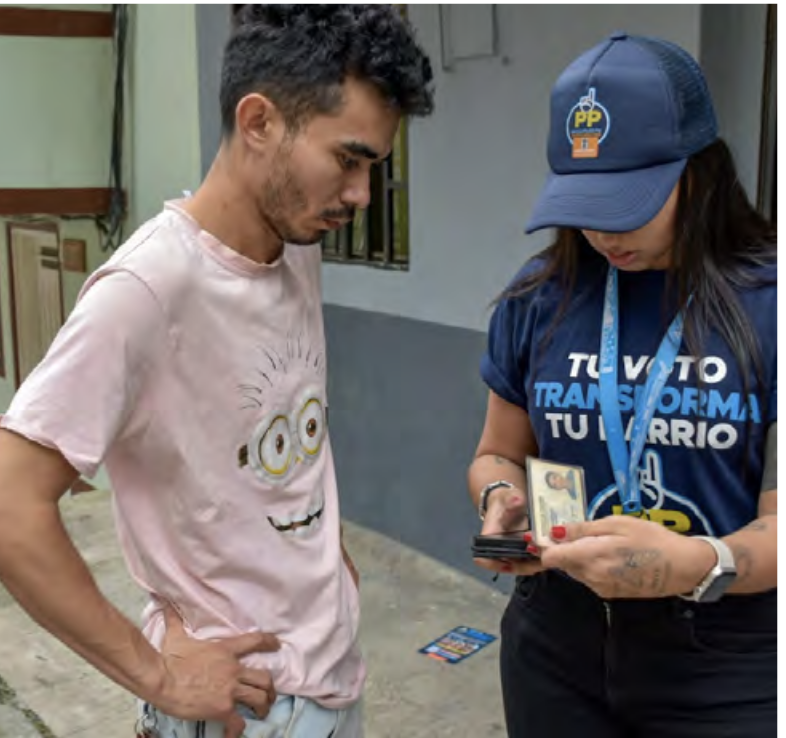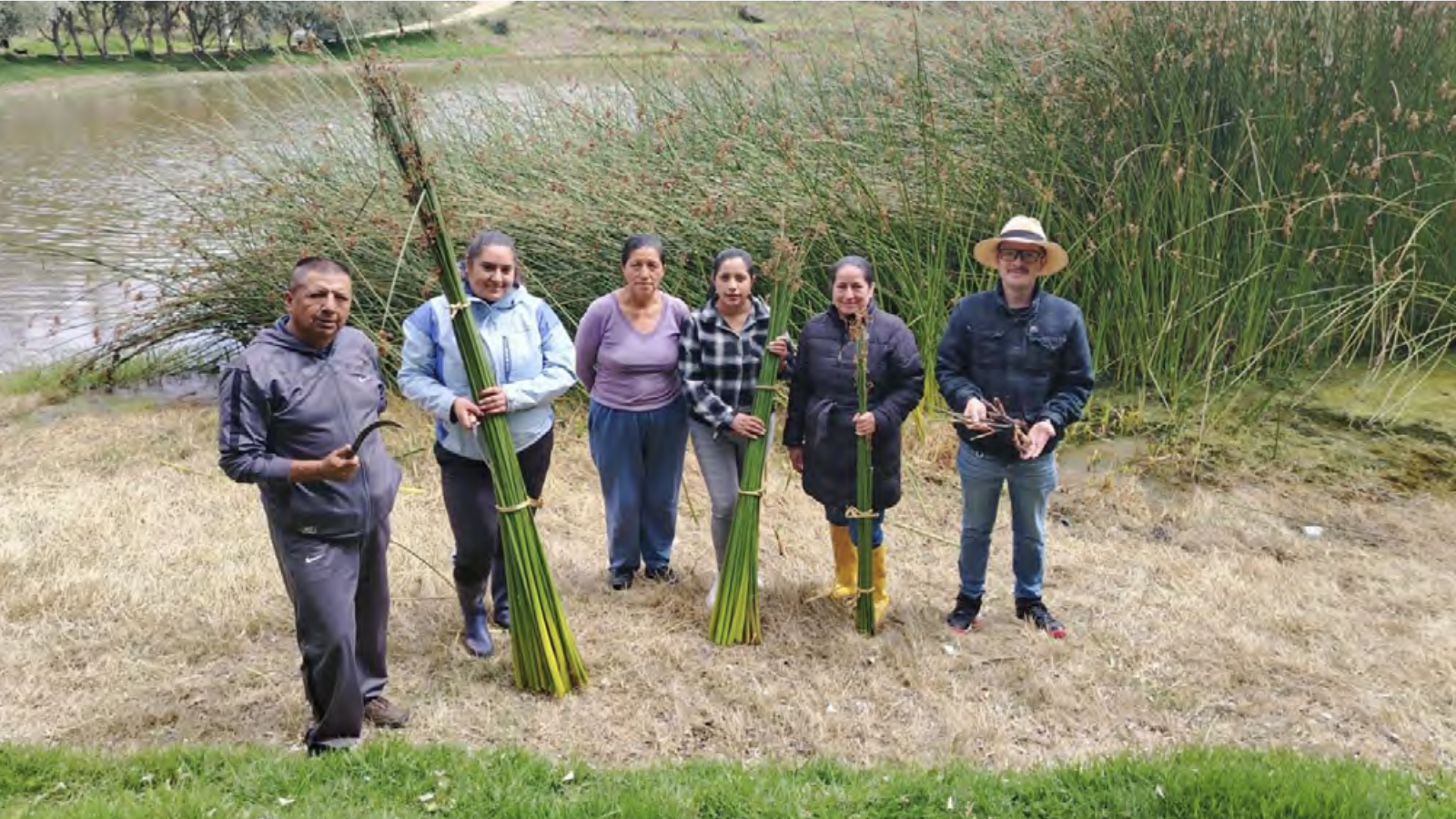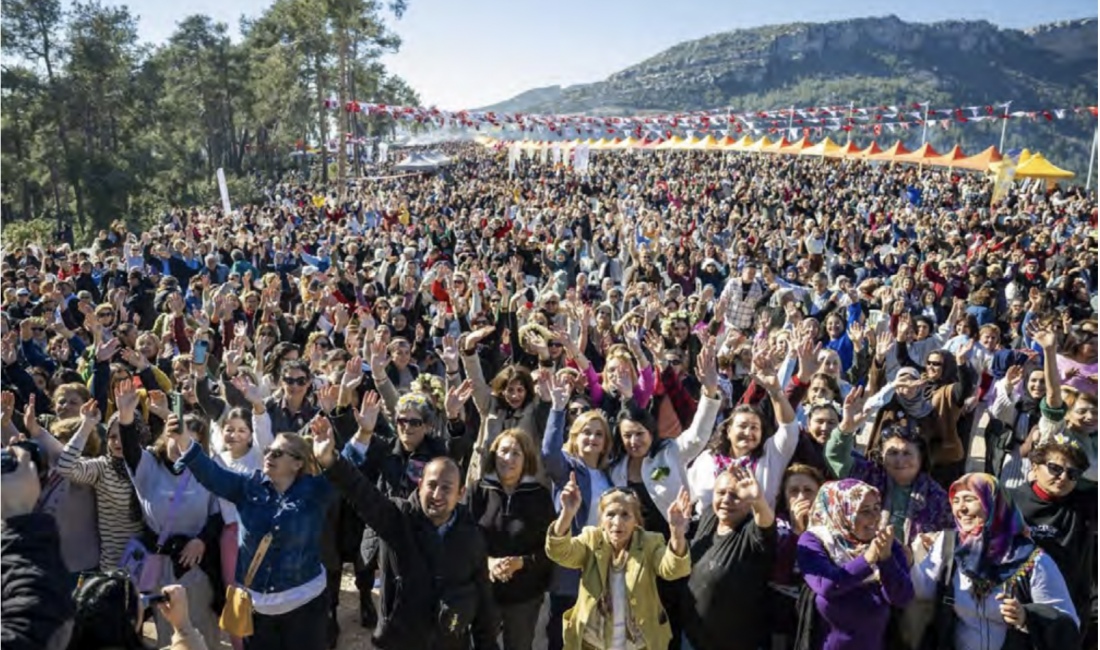Also: Crypto in a Kenyan slum, intro of the Planetary Panchayat, West Sahara boomtown
Photo credit: Mersin, Turkey, participation project, one of the winners of prizes at the International Observatory of Participatory Democracy. Photo via IOPD
Welcome to the monthly newsletter of Democracy Local, a planetary publication of stories, ideas, data, scholarship, and events about everyday people governing themselves.
More about us here. Donations to Democracy International and its democracy community, which hosts our publication, can be made here.
Please feel to sign up here or subscribe to our Substack. Learn more about democracy.community events here.
IS YOUR COMMUNITY FIGHTING WORLD WAR 3?
The next world war isn’t some future clash between civilizations or powerful nations. It’s already started, and it involves national governments attacking local communities and cities, writes Democracy Local.
If your community or city is under attack, we invite you to submit a short essay or letter to joe@democracylocal.com
CAN AI MANAGE YOUR RELATIONSHIP WITH YOUR CITY?
Consul Democracy, the organization supporting the Consul digital suite used for governance by cities around the world, has a new pilot project.
It’s called “Civic Assistant.” And it’s an AI that is supposed to connect you to your city and its democratic process.
“Civic Assistant” is being tested in Europe cities. The goal is to bring more people into democratic processes, especially online, that cities have championed but are underutilized.
Partners from the democracy movement include Danes Je Nov Dan (https://danesjenovdan.si/en), Cosla (https://www.cosla.gov.uk/), and Mehr Demokratie (https://www.mehr-demokratie.de/)
THERE AIN’T NO SUCH THING AS DEMOCRATIC RESILIENCE
Sober up. The must-read article on democracy this summer, is “The Myth of Democratic Resilience,” from the Journal of Democracy. It’s a joint effort of Asuntos del Sur think tank director Matías Bianchi, University of Birmingham professor of democracy Nic Cheeseman, and Universidad Torcuato Di Tella political scientist Jennifer Cyr.
They do not spare the hearts of democracy lovers in demonstrating that democracy, at least within the last two generations, is not resilient. By resilient, they refer to a democratic system’s ability to withstanding authoritarian threats (framed as defense in the paper), and the capacity of a democracy to become “more durable and more democratic.”
By those measures, democracy isn’t very resilient. Surveying democracies and authoritarian regimes over the past 35 years, they find that, “since 1994, many of the political systems that supposedly returned to democracy after an authoritarian episode did not manage to reverse the damage done to their democracies, and in fact subsequently experienced another period of democratic decline within less than five years.” Over all, nearly 90 percent of countries that went from democracy to authoritarianism and back to democracy “failed to sustain the level of democracy they returned to for at least five years following the end of the turnaround.”
Democratic U-turns are themselves are weak and vulnerable. Why? The paper cites three findings. First, that even a short time of “autocratization” does lasting damage to democracy. It’s especially hard to reverse oppressive legislation. Second, pro-democratic leaders often desire to stay in power after they’ve won an election to “take back” democracy.
Finally, the deteriorations of conditions for democracy globally make it hard to recover from authoritarianism, the paper says, citing frustration with attempts to deepen democracy, in Mali, Malawi, Mexico, and Moldova.
The big lesson: if you’re in a democracy that is in recession, don’t wait for a bounce back. Fight for the democracy you have, because once it’s gone, it’s probably not coming back.
THE UN WANTS TO HEAR FROM YOU ABOUT LOCAL RIGHTS.
A note from The Office of the United Nations High Commissioner for Human Rights. “OHCHR is preparing a report on good practices by States, local and regional governments, and other stakeholders in the promotion and protection of human rights at the local level. OHCHR has launched a call for written contributions and we cordially invite you to participate. You can also send your contributions to janica.puisto@un.org
This will inform a joint meeting of OHCHR and United Cities and Local Governments on July 22 in Geneva. This is part of a larger series of projects including the Global Campaign “10, 100, 1000 Human Rights Cities and Territories by 2030” and the development of a Guidance Framework for Building a Human Rights City, in collaboration with OHCHR.
NEW BOOK FROM DEMOCRACY LOCAL
Now on sale is the first book from Democracy Local’s publishing house, Ostrich Farm Press. It’s called “U.S. vs Us: Essays from California as It Fights—And Leaves—America.” It’s available worldwide.
READINGS:
Democracy SOS publishes a must-read essay on the need for a “city-state revolution.”
The National Civic League looks at how losers buy into democratic process, through a study of a citizens assembly in Longueuil, Quebec, a Montreal suburb.
Bitcoin comes to Kibera. The AP looks at the introduction of crypto into what it calls “Kenya’s largest slum.”
Dakhla, once a quiet city on the Atlantic coast of Western Sahara, is now a boomtown, the new “El Dorado.” Via Global Post.
Munich vs Microsoft. The German city-state says it’s done running itself with Microsoft projects, and is pursuing open-source Linux solutions.
BE AN IDIOT AND A HERETIC
Reading the German-Korean philosopher Byung-Chul Han, Psychopolitics: Neoliberalism and New Technologies of Power, I was struck by this passage: “The idiot is a modern-day heretic. Etymologically, heresy means ‘choice’. Thus, the heretic is one who commands free choice·, the courage to deviate from orthodoxy. As a heretic, the idiot represents a figure of resistance opposing the violence of consensus. The idiot preserves the magic of the outsider. Today, in fight of increasingly coercive conformism, it is more urgent than ever to heighten heretical consciousness.”
WHAT WOULD IT TAKE FOR YOUR CITY TO GOVERN THE WORLD?
Head’s up. Democracy Local is preparing to launch a new project. It’s called the Planetary Panchayat (panchayat is what people in India call the village government). And it asks the big question: what would it take for a city to govern itself, survive and thrive, without the help of a nation state?
The answers take us into questions of technology, personnel, technocracy, infrastructure, and of course democracy. A Planetary Panchayat would also have to govern the planet with other towns and villages, but how?
Much more to come.
LOS ANGELES AT WAR
Democracy Local featured columns from Los Angeles as the city remains under siege by American troops and homeland security agencies operating as secret police.
This column imagined what Churchill would say to a city under attack by its national government. And this column urged a new role for Kamala Harris—standing up a public authority to defend local communities and democracy.
ASIA DEMOCRACY CHRONICLES
More terrific journalistic work from Asia’s leading democracy publication included this on-the-ground reportage from Kashmir, and this analysis of the local impacts of the same violence.
DEMOCRACY TYPE: BASEBALL DEMOCRACY. Democracy Local’s Joe Mathews is taking a youth baseball team from Southern California to Japan this month, to play and connect with baseball there. Baseball is the world’s most democratic sport—every player gets a turn at bat.
As the Hall of Fame baseball announcer Ernie Harwell (of the Detroit Tigers) said: “In baseball, democracy shines its clearest. The only race that matters is the race to the bag. The creed is the rule book. And color, merely something to distinguish one team's uniform from another's.”
DEMOCRACY QUOTE
“Well damn. if there’s a left right coalition against being against local democracy, I’ll take it.”
—Zephyr Teachout, legal scholar and writer
PHOTOS OF WINNING PARTICIPATORY DEMOCRACY PROJECTS

From Turin

Voting project in Medellín, Colombia

in Azuay, Ecuador.
SUGGESTED LINKS TO LOCAL DEMOCRACY RESOURCES AND PARTNERS
International Democracy Community
Federation for Innovation in Democracy-Europe and FIDE North America
United Cities and Local Governments
International Observatory of Participatory Democracy
ASU Participatory Governance Initiative
Taiwan Foundation for Democracy
National Civic League’s Center for Democracy Innovation
Journal of Deliberative Democracy
Local Government Information Unit
The Future of Where
Global Citizens’ Assembly Network (GloCAN),
newDemocracy Foundation (Australia)
National Coalition for Dialogue & Deliberation
University of Canberra (Australia)



